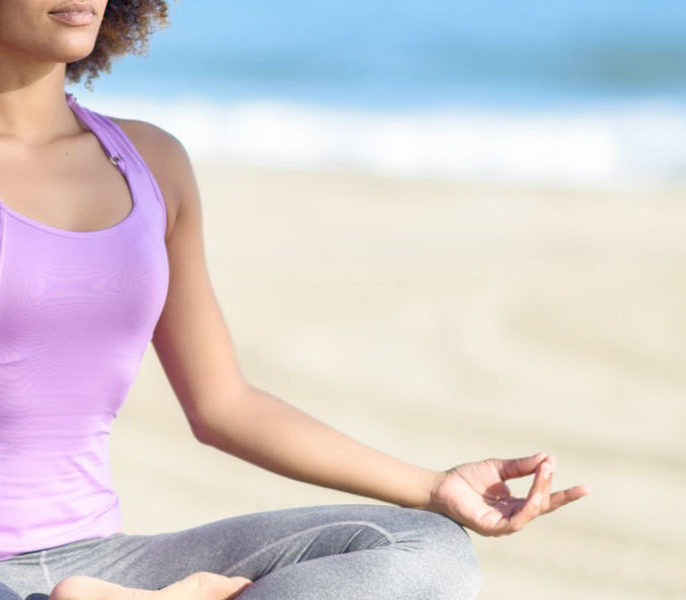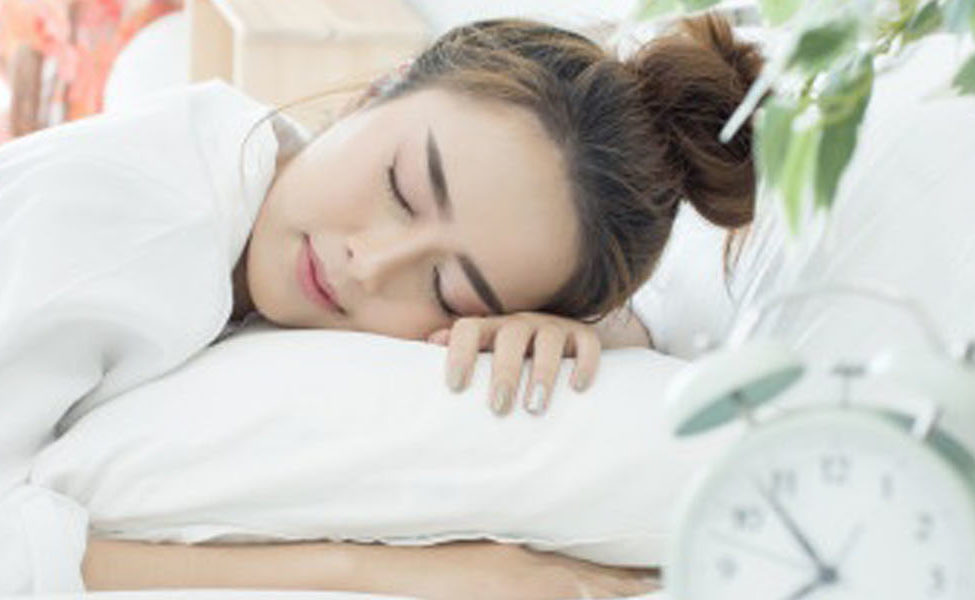Suffering From Sleep Deprivation? Learn How to Log More Hours in Bed.
Sleep deprivation is a very common problem in the US. Learn about some effective techniques you can practice and common supplements you can take to get a better night’s sleep.
Disclaimer: If you’re experiencing sleep deprivation and having trouble sleeping multiple nights per week, or if you believe you have a moderate to chronic sleep condition, consult your doctor before taking any medications or adding sleep supplements to your diet.
—
Sleep is precious. New parents know this well. People with birds know this well. Insomniacs know this well. As a professional non-sleeper (sounds so much better than “insomniac”), I have the utmost sympathy for people who have a hard time sleeping, and especially for those who’ve been diagnosed as a professional non-sleeper like me. Even if you’ve had just one night of bad sleep, I feel for you.
At best, sleep deprivation leaves you feeling lethargic after a night of tossing and turning. Completing the most basic tasks can feel like digging a trench with your bare hands.
At worst, significant periods of sleeplessness trigger depression, anxiety, paranoia and have many adverse effects on the body. These can cause immediate negative effects on hormone regulation, significant immune system impairment, kidney disease, high blood pressure, stroke. According to Harvard Health, sleeplessness can even “increase our propensity for obesity, heart disease, and type 2 diabetes.”
According to the National Heart, Lung, and Blood Institute (NHLBI), sleeplessness is a common problem in the US and people in all age categories are not getting enough sleep. The Center for Disease Control and Prevention (CDC) reported that 7% to 19% of US adults reported not getting enough rest or sleep every day, and that 50 to 70 million adults have chronic sleep disorders.
Sleep deprivation is associated with increased risk of injury and death, contributing to “human errors that resulted in tragic accidents like nuclear reactor meltdowns, grounding of large ships and aviation accidents.”
With the daily stresses people all over the world face, from work and life uncertainties, coupled with the ongoing COVID-19 pandemic that affects all of us, it’s probable that sleep issues are affecting the population more than ever.
The truth about sleep is that it’s just as important as maintaining a healthy diet and supplementing it with daily exercise. It’s foundational to maintain good health.
Here are a few techniques you can use to get yourself on the right track to a undisturbed, restorative, satisfying night’s sleep:
Increase your exposure to bright light during the day
Your body essentially follows its own physical, behavioral and mental cycle known as the circadian rhythm and it follows this cycle pretty much every 24-hours. It’s also quite delicate and adjusts itself to your lifestyle, allowing you to live your life however you want. But it requires some routine, and as you might expect it responds to positive and negative stimuli.
If you find that you don’t get enough bright, natural light during the day it could have a significant impact on your circadian rhythm, which affects the quantity and quality of your sleep. Studies show that people with insomnia who increase their bright light exposure during the day can increase sleep quality and duration.
Decrease your exposure to blue light in the evening
By following the rules of your circadian rhythm, you might guess that bright light is good during the day and bad at night. This is correct. Unfortunately, a lot of us are constantly glued to our screens, which constantly emit bright, blue light that disrupts our natural cycle. There are many popular ways to absorb less blue light in your life:
- Download f.lux on your computer or laptop (I use it everyday and I think it’s incredible.)
- Wear glasses that block blue light
- Install an app on your smartphone that blocks blue light
- Turn off bright lights and stop watching TV about two hours before going to bed
Avoid alcohol and caffeine as much as possible
Like a lot of people, I thrive on coffee. Unlike a lot of people, I don’t drink it in the afternoon or evening unless it’s absolutely necessary (long, night drives only). Like coffee, alcohol is a stimulant and contrary to popular belief, rather than making you sleepy, “it’s actually a stimulant and disrupts sleep during the night,” according to Harvard doctor, Karen Carlson.
Try to stick to a sleep schedule
I envy people who have a “natural alarm clock” because I absolutely do not. The best way to maintain a consistent circadian rhythm is to train it and the best way to do it is to wake up and go to bed at the same time, even on the weekend.
Optimize your bedroom environment
My former sleep doctor was so repetitive and resolute on these points that even if my brain falls out one day I’ll never forget them:
Rule #1: Use your bed for sleep and sex. Nothing else. That’s right: get the TV out of your room and don’t use your phone in bed.
Rule #2: Keep it dark.
Rule #3: Keep it cool (usually 60-70 degrees fahrenheit, depending on who you are)
Rule #4: Get a white noise machine. (I love my fan because it kills rule 3 and 4 with one… fan).
Don’t eat late in the evening
Eating too much too late can keep you awake at night, and eating spicy foods before bed can give you heartburn. Avoid both of those things before sleep. Also, if your stomach is grumbling because you’re too hungry, eat a healthy snack like an apple an hour or two before bed.
Exercise
Exercise not only tires you out, but it has a positive effect of boosting natural sleep hormones in the body, like melatonin. But don’t workout too late. Exercising too late stimulates the body and might keep you awake.
Manage your stress to clear your mind in the evening
Easier said than done, right? This one takes a lot of work mostly because stress manifests in so many different ways we often don’t realize we’re stressed out until it’s too late. Mediation, deep breathing exercises, and even reading or listening to calming music can help coax you into a state of calm. There are plenty of apps out there for meditation, too!
Consult your doctor
Sometimes we seem to do everything we can for ourselves and it just isn’t enough. This is the right time to call in the professionals. Your doctor can point you in the right direction by referring you to a sleep specialist, recommending over the counter sleep supplements like melatonin or prescribing you sleep medication.
In addition, there are many ingredients that can be used in dietary supplements and/or food products to assist in calming and relaxing the body to help to promote sleep. Want to learn more about how Protein Research can solve your product development and contract manufacturing needs for high quality nutraceuticals, functional foods and dietary supplements that promote better sleeps?
Sleep enhancing Nutraceuticals, Functional Foods & Dietary Supplement Categories


Cognitive Health Supplements
Explore our range of brain supplements and memory supplements for overall cognitive health.


Multivitamin Supplements
Multivitamins are one of the most commonly used supplements in the world. Vitamin compositions can vary from product to product, yet most include multiple types of vitamin B, vitamin C, and vitamin D.


Sleep Supplements
Getting a good night’s rest is important for maintaining optimal health, but in the United States getting quality sleep is a #1 issue.

